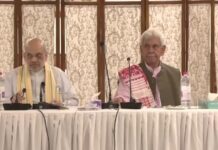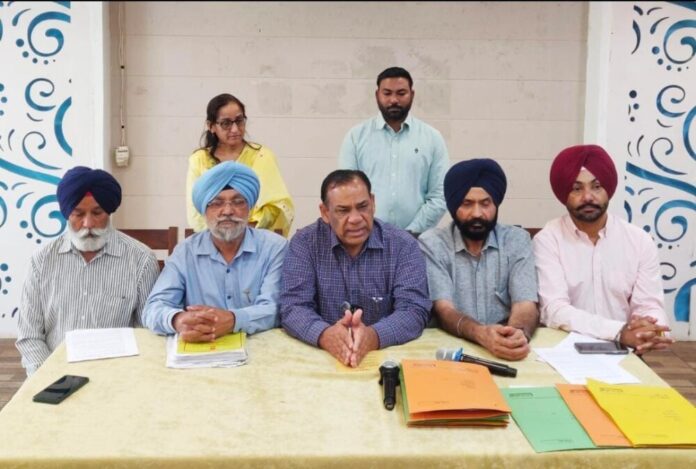PRESS NOTE (HINDI, ENGLISH & PUNJABI)
Continued Delay in Implementing High Court Orders on 25% Admissions for Poor Students Under RTE Act in Punjab
The Right to Education (RTE) Act, 2009, enacted by the Indian Parliament, mandates that all unaided private schools reserve 25% of seats from pre-nursery to Class 8 for students from Economically Weaker Sections (EWS) and disadvantaged groups, under Section 12(1)(c) of the Act. While this provision has been implemented across the country since 1st April 2010, the state of Punjab remained a glaring exception due to the wrongful inclusion of Rule 7(4) in the Punjab RTE Rules, 2011.
This unconstitutional and regressive rule—framed by the Government of Punjab—effectively blocked access to quality private education for nearly 10 lakh deserving students over a span of 15 years. It took the intervention of vigilant citizens, who filed a Public Interest Litigation (PIL) in the Punjab and Haryana High Court in January 2024, to challenge this blatant denial of rights.
In a landmark judgment dated 19th February 2025, the Hon’ble Punjab and Haryana High Court declared Rule 7(4) of the Punjab RTE Rules, 2011, to be in violation of the spirit and mandate of Section 12(1)(c) of the RTE Act, 2009. In a sharp rebuke to the Punjab Government, the Court struck down the rule, emphasizing that state governments cannot shirk their constitutional responsibilities under the cover of flawed subordinate legislation.
The Court directed the Government of Punjab to ensure 25% admissions in unaided private schools for EWS and disadvantaged children for the academic session 2025–26.
Following the Court’s verdict, the Punjab Cabinet took the long-overdue step of repealing Rule 7(4), and the School Education Department issued a formal repeal order on 20th March 2025. A subsequent circular dated 21st March 2025 instructed all District Education Officers (Elementary) and the DPI (Elementary Education) to ensure compliance by private schools and facilitate implementation of the revised rules.
However, despite clear judicial orders and government directions, implementation remains dismal on the ground. The unaided private schools, emboldened by their long-standing immunity, are showing open defiance by refusing to admit eligible students. Even more concerning is the indifference and inaction of the officials concerned of the Government of Punjab including Secretary of School Education Department, D.P.I. (Primary) and District Education Officers (Primary), who have failed to enforce compliance and protect the educational rights of poor children.
Despite High Court orders, the Punjab Government has failed to implement the 25% EWS admissions in private schools effectively. There has been no public awareness drive, no list of eligible schools, and no official application forms or guidance on required documents like income or caste certificates.
With admissions closing soon, District Education Officers remain inactive, and private schools lack clarity on government fee reimbursement. There is also no defined role for officials, schools, or parents, and district-level monitoring committees have not been activated.
The absence of a transparent online system further highlights administrative apathy. Immediate action is essential to uphold the rights of underprivileged children under the Right to Education Act.
This deliberate non-compliance by both private school managements and state education officials amounts to contempt of court and is a direct assault on the fundamental right to education.
In light of these grave developments, various social activists and civil society organizations are preparing to launch public protests and initiate contempt proceedings before the Hon’ble High Court to ensure that the rights of underprivileged children are not further trampled upon.
Justice delayed is justice denied—and in this case, it is the children of Punjab who continue to suffer. The government must act decisively, or be held accountable.













